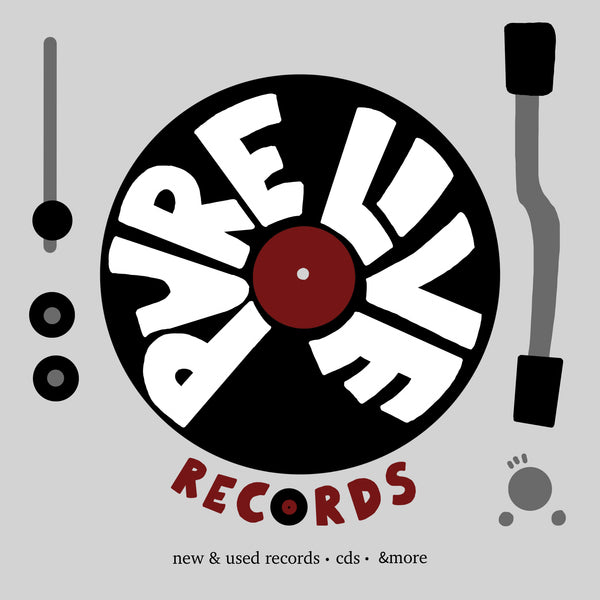The History of Vinyl Records and Their Impact on the Music Industry
Share
Vinyl records, also known as phonograph records, have played a significant role in the music industry since their invention in the late 19th century. The development of this technology has impacted the music industry in various ways, from the way music is produced and recorded to how it is distributed and consumed.
The first vinyl record was invented by Emile Berliner in 1887. Berliner was a German immigrant to the United States who had been working on developing a better recording technology than the previously popular phonograph cylinders. Berliner's invention was a flat disc that could be mass-produced, making it easier and cheaper to produce recordings.
The popularity of vinyl records grew rapidly, especially during the 20th century. In the 1940s and 1950s, the record industry saw a boom, with vinyl records becoming the primary format for music consumption. Artists such as Elvis Presley and The Beatles popularized the format even further, and vinyl records became a cultural icon.
Vinyl records played a significant role in the development of various music genres. For example, in the 1970s, the emergence of disco music led to the production of 12-inch vinyl records, which allowed for longer songs and extended remixes. The 1980s saw the development of hip hop music, which heavily relied on the use of vinyl records as a tool for DJs to manipulate and create beats.
The production and distribution of vinyl records also impacted the music industry. Record companies would invest in vinyl record pressing plants, and independent record stores would often rely on selling vinyl records to generate revenue. The vinyl record industry also provided employment opportunities, from vinyl pressing plant workers to record store employees.
In the 1980s and 1990s, the introduction of compact discs (CDs) threatened the popularity of vinyl records. However, vinyl records have experienced a resurgence in recent years, with many music enthusiasts and collectors opting for the analog sound quality and tactile experience of vinyl records. In fact, in 2020, vinyl record sales surpassed CD sales for the first time since the 1980s.
In conclusion, vinyl records have played a significant role in the history of the music industry. From their invention in the late 19th century to their current resurgence in popularity, vinyl records have impacted the way music is produced, distributed, and consumed. Despite the introduction of new technologies and formats, vinyl records remain an enduring icon of the music industry.
